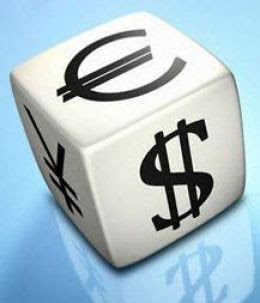My first try in FOREX trading
Four years ago, I sow banner on some site where was something like "make money from your chair trading in forex market". That was very intrigued me so I decided to try! Company offered demo, which means that I didn't need to deposit real money and start trading.I thought great! Opened that demo account and start with trading. Trade by trade fro virtual $10 000 I gone to $5 000.Decided to lear.Learn,learn and leran about forex trading strategies, about spreads and pips, about forex charting,fundamental analysis etc,etc...
After that I back in game again,this time I back to my initial deposit $10 000 in about 10 days and started to go over.After 2 months I learned a lot and made about $25 000 in my DEMO forex trading account. "Ok", I said to myself, it is time to go for REAL money trading, and I done that. Deposited $2 000 from my credit card.
Results was frustrating, in just 3 days I spend $2 000, I was broken not just without money,simply broken. Then I released that succeeding in forex trading is loooong journey...
So, decided yo motivate myself, and start again with researching about forex trading fundamentals, about brokers, about trading platforms, about everything, but that is another story that I will post in my next post, about my second try in forex.
After that I back in game again,this time I back to my initial deposit $10 000 in about 10 days and started to go over.After 2 months I learned a lot and made about $25 000 in my DEMO forex trading account. "Ok", I said to myself, it is time to go for REAL money trading, and I done that. Deposited $2 000 from my credit card.
Results was frustrating, in just 3 days I spend $2 000, I was broken not just without money,simply broken. Then I released that succeeding in forex trading is loooong journey...
So, decided yo motivate myself, and start again with researching about forex trading fundamentals, about brokers, about trading platforms, about everything, but that is another story that I will post in my next post, about my second try in forex.



